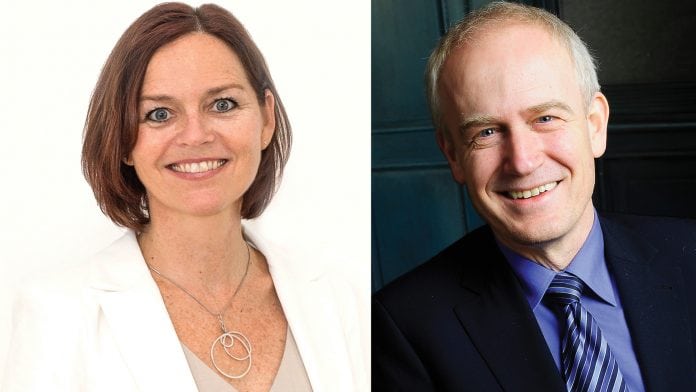
Safeguarding health in Europe is pivotal to all European citizens – to state the obvious. We live, however, in a time when public health and European health systems face unprecedented challenges.
National and European health systems are looking for ways to mitigate the effects of an ageing society and the related rise of non-communicable diseases, as well as the high prices of innovative medicines, all within a context of increasing resource constraints and sustainability concerns. These are further compounded by a political trend towards populist policies seemingly undermining fundamental European values of solidarity and equity, as well as by concerns about the positioning and importance of the health dossier in the new European Commission.
At the same time, however, there is now a genuine window of opportunity both in policy and in political terms. The Sustainable Development Goals (SDGs) and Agenda 2030 give a renewed impulse to the centrality of health both as an ‘outcome from’ and ‘engine for’ social and economic development, building on the tenets of the Health in All Policies (HiAP) movement and WHO/Europe’s Health 2020 policy. Importantly, the universal health coverage (UHC) goal is now endorsed by governments across the globe and is harnessing the efforts from international organisations such as the WHO, the World Bank and the European Commission. In the latter, the concerns about the future role of health have galvanised professional and patient-based European health organisations to put forward ‘Europe, let’s do more for health’ (EU4Health) – an inspiring and practical vision for health in the European Union.
Policymakers do recognise the urgent need to strengthen European health systems – in spite of the obvious hardship posed by the recent economic crisis, its hard-learned lessons for the health sector have not gone to waste. In addition to achieving UHC, health systems need to reduce waste, increasing both the effectiveness and efficiency of services. In June this year, the Tallinn high-level meeting organised by WHO/Europe in collaboration with the European Observatory on Health Systems and Policies put forward a policy vision building on the 2008 Tallinn Charter together with a series of practical strategies. The meeting was organised around three overarching themes:
- Include: Access and financial protection for everyone;
- Invest: Making the case for investing in health systems; and
- Innovate: Highlighting the need to harness organisational and technological innovation in the health sector.
Nevertheless, as is often argued, health is ultimately about political choices. Not one iota of this rich policy agenda stands a chance of implementation without a firm political will and commitment. This is the central concern of this year’s European Health Forum Gastein (EHFG), which will take place from 3-5 October 2018 in Bad Hofgastein, Austria. The EHFG will argue for ‘bold political choices’ following on from the plea of its president in last year’s forum to radically strengthen political action for health.
The theme of the EHFG 2018 is ‘Health and Sustainable Development – Bold political choices for Agenda 2030’. It will cover discussions around several tracks, including: ‘Innovation for All’, ‘Sustainable Systems’, ‘No-one left behind’ and ‘Evidence for Action’. One of the EHFG plenary sessions, organised jointly by WHO/Europe and the observatory will explore both the twin components to make the case for investment in health, access to appropriate evidence on the impact of health and health systems on economic development, and guidance on addressing the political economy complexities to communicate and work with finance actors.
Ultimately, the main aim of the forum is to challenge participants and session partners to explore what needs to be done to achieve SDG targets in health. Once again, this year the forum is set to provide a needed neutral platform involving all key stakeholders to enable advancement on these complex policy questions for EU countries and beyond.
As secretary general and board member of the EHFG, we look forward to open and inspiring discussions this October in the Gastein valley.
Dorli Kahr-Gottlieb
Secretary General
Josep Figueras
Board Member
European Health Forum Gastein
This article will appear in issue 6 of Health Europa Quarterly, which will be published in August.










